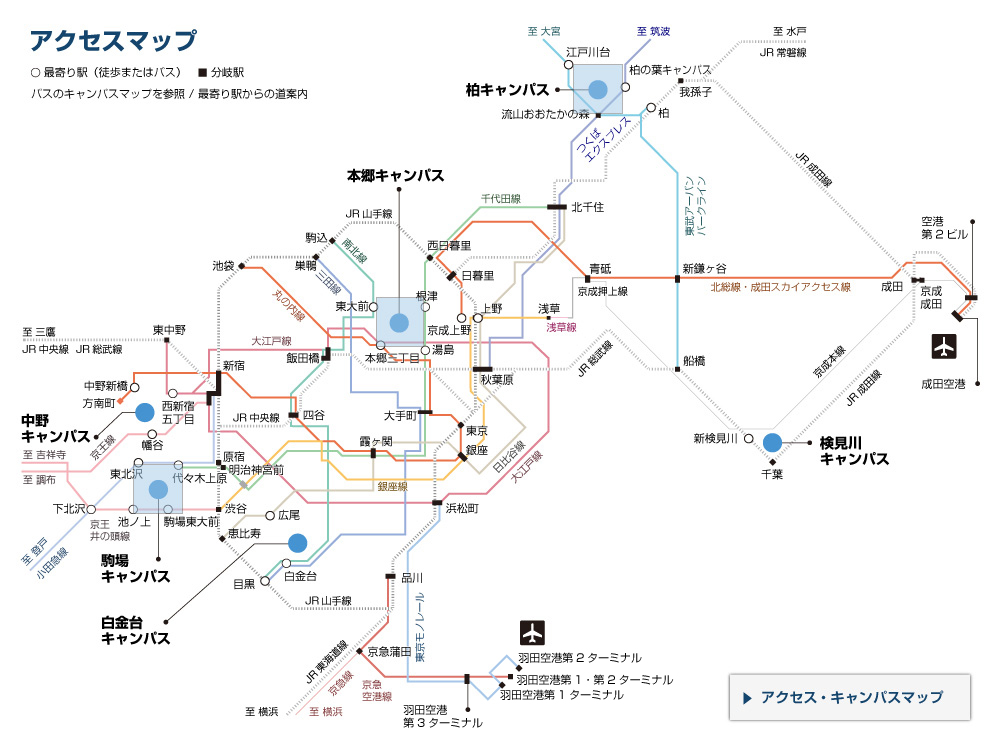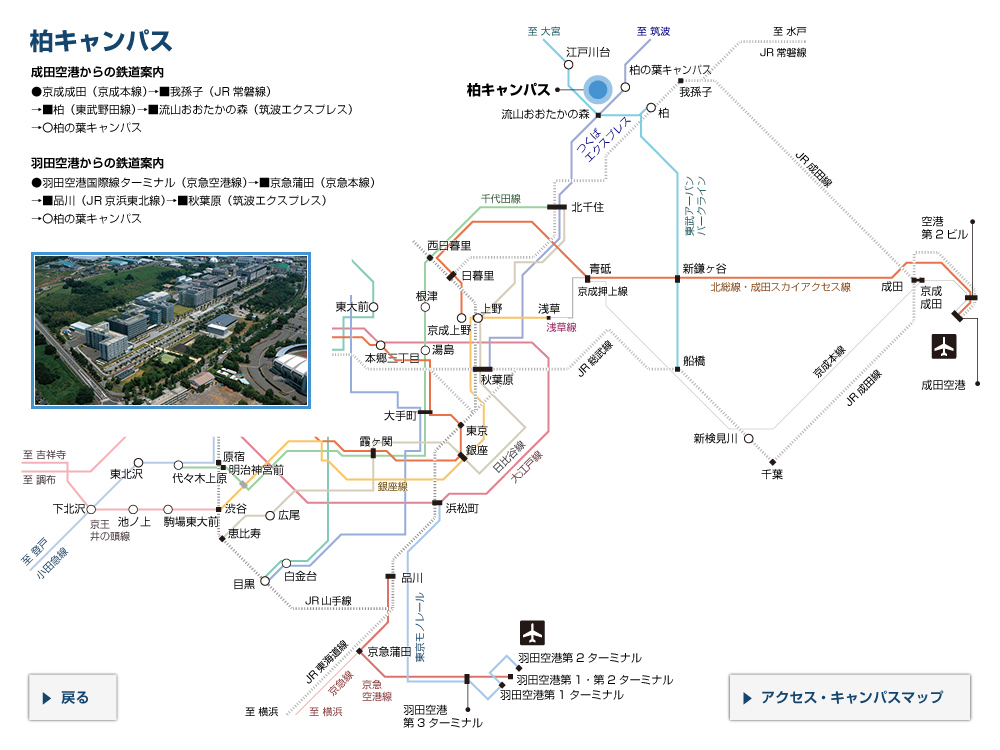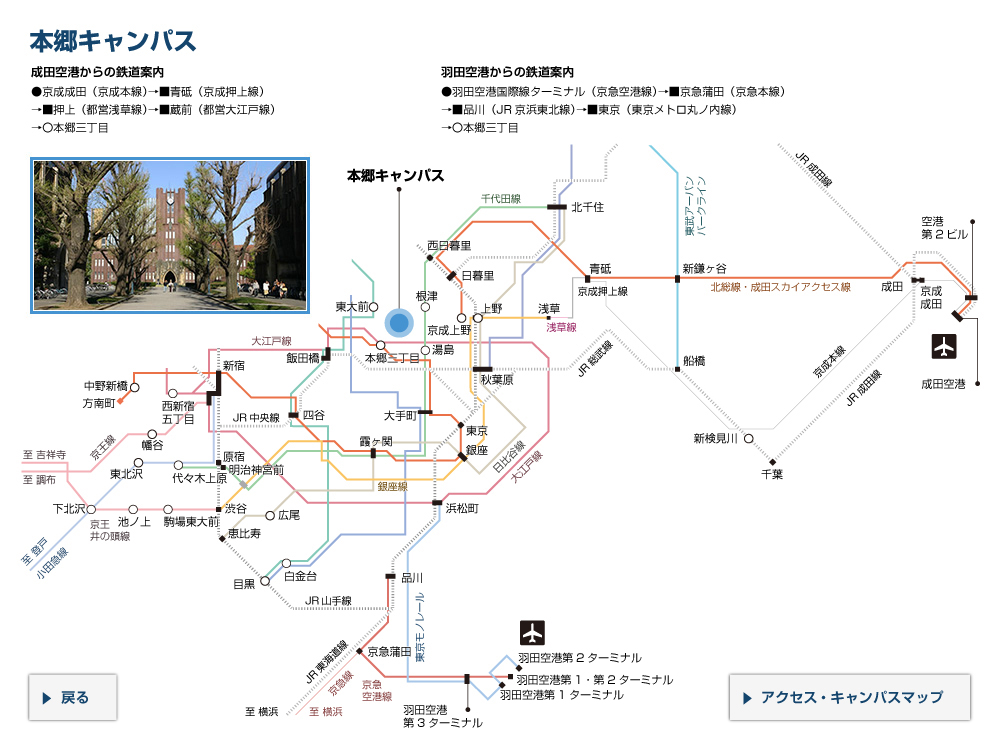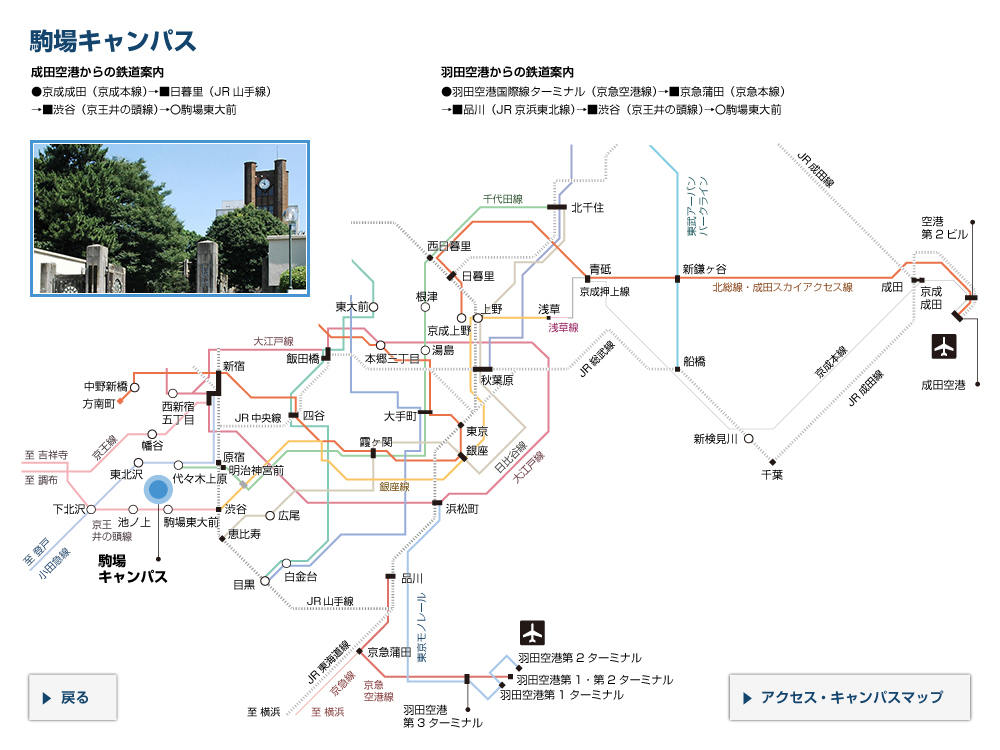令和5年度東京大学大学院入学式祝辞(流動性および持続可能性ファシリティー議長、国際連合 気候変動ファイナンスハイレベル・パネル共同議長及びブルッキングス研究所シニアフェローVera Songwe様)
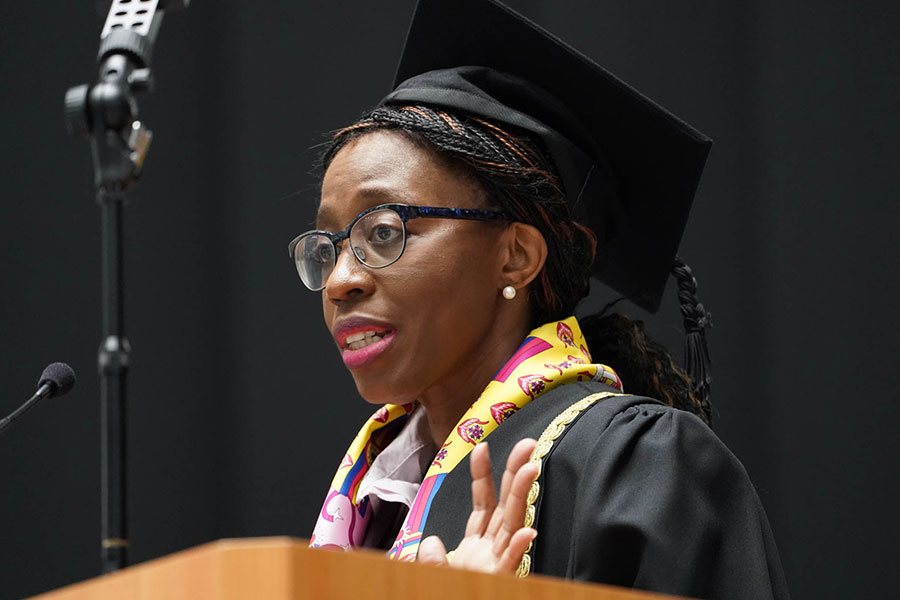

令和5年度東京大学大学院入学式 祝辞
Let me begin by saying what a pleasure it is to be here with you today.
Thank you. Thank you.
I want to thank the President of the University Mr. Teruo FUJII -san.
It is because of him that I am here today. Thank you for inviting me. I was humbled when you asked; I am even more humbled now as I stand before the school.
Thanks to all who made my visit possible. And to Naoko Ishii-san, executive vice president and a long-time dear friend.
Let me also thank all the faculty, family and loved ones here today.
The University of Tokyo was founded on this day in 1877 as the first imperial university. That is an important piece of history and a huge responsibility. It should fill you with pride to be in these walls where some of the greatest of Japanese academic, scientific, social and cultural life have walked.
I too went to one such old university, the University of Michigan founded in 1817, and each time I go back, or see a memory, I feel a sense of pride and belonging to a history and tradition of excellence.
You have all taken different and sometimes very challenging journeys to get here. But for many, today is the realization of a dream and the beginning of a new one.
Excellence is what you are here to achieve, to nurture and to harvest.
In our turbulent times, academic excellence is not enough; we need to be able to navigate the changing tensions of the world outside as we define ours, embrace new concepts, use old histories to solve new problems and be people of conviction.
Today we have shifting global geopolitical tensions; we are going back to a time when belligerence is more prevalent than peace. Where conflict seems to be the way to resolve differences and not dialogue.
Over two years of dealing with COVID and having to fight for basic human necessities, such as access to food, to health and social interaction, has changed the world as we know it. There is maybe a greater sense of collective and individual vulnerability. The result is more auto-determination and less collaboration; rather than globalization, we are talking of friend shoring and near shoring.
I believe it is to a large extent the exposure of our vulnerabilities and truths that is driving us back to a society of anxiety and self-preservation and fear of the other.
Second, we are also living in a society where our collective actions have undermined the global planet as we knew it. The arctic is melting, the polar bears are threatened, and the Sahara Desert is expanding. People and ecosystems on which we all depend are under threat. Foreshadowing dire consequences for people and planet.
To address this, we must adopt the opposite stance from individual self-preservation and work as a global community to protect our collective asset. We are called to work together to protect our global commons.
This is the fundamental contradiction of our time.
We have never needed each other more, but we have never worked so hard to accentuate our differences.
Third, we still all strive to live in peaceful, inclusive and prosperous societies. But the COVID-19 pandemic and the ensuing war in Ukraine have led to three years of economic contraction in many parts of the world. Lately this has been compounded by inflationary pressures. As we all know inflation is the fastest creator of poverty and economic stagnation. Dealing with these challenges will require your concerted effort.
To restore growth, we will need research and innovation from battery technology, to pharmaceuticals, to data privacy management and artificial intelligence. Innovation and productivity of course coupled with the appropriate business environment will deliver growth.
Your class has to ask the ethical questions around innovation from nuclear technology for cheaper better more accessible energy to AI and its impacts on our societies. Society will look to you for help to answer these questions and I hope you can each debate them with your colleagues, use the spaces made available here at the university to debate them in multidisciplinary ways. All of humanity needs answers and I am sure with your own unique but collective perspectives you can help offer solutions.
Japan is a member of the G7 and the world is looking to you to be part of the solution to the global challenges. For many developing world economies, it means redressing some of the inequities from old systems of the past. From issues of global multilateralism to issues of gender equity.
In many of our societies, women are still not fully represented and or given the recognition they deserve. That is why I feel personally indebted to the President to have asked me to come here to speak. As women and particularly as women in academia it is still a tough road. I was surprised at the Oscars this year to find out it was the first time an Asian woman won an Oscar. We must value women not least because we are 50 percent of our productive economies but because we now have abundant research which shows that results are better in business, in organizations, in universities when women are included in decision making.
Whatever you study, that should be your ambition that your drive for excellence will produce ripples in oceans and shores far, far, afield.
Your journey as academics begins today, as leaders tomorrow look to leave the world more hopeful and more united than we see it today.
The beauty of your time is there are no certainties. It is a time for upsets, for persistence and hard work. Who would have guessed that under Shohei Ohtani’s leadership Japan would beat the US at the baseball world cup?
The beauty with academic excellence is that it teaches you rigor; a rigor that you can use in life after the university. It disciplines you.
You know when I first went to university I enrolled into film. I wanted to be a film director.
There were many advantages to being a film student in the day – one of them being that most of our classes where later in the day!
My dad after my first transcript did not think that was a profession which was right for me. So I switched to economics and political science. To be a good economist I had to do more math. I did. It was not as much fun as film class I can tell you that. In the beginning it was hard and lonely. But as I applied it to economics, I was excited and got really energized.
The persistence and preparation has served me well.
Today, unlike in the past, many of you will change careers many times, and so what you learn here more than anything else will be ability to apply critical thinking to various situations and to understand how you can use logic, science and knowledge to make decisions in the field you master. You must master something fully if you can. That will always set you apart and keep you learning.
Dear students, you are about to write an important part of your history and I hope for you it is an unforgettable experience where you take in every moment; have no regrets and build a strong network of friends and support systems who once out of here can help you change the world.
Reach out and support those behind you as well. It is a relay game and we must continue the chain.
Thank you very much for listening. I wish you an excellent start of the year and an outstanding and successful journey during your time at UTokyo.
Thank you once again to Mr. President for inviting me and for your unapparelled hospitality.
令和5年4月12日
流動性および持続可能性ファシリティー議長、国際連合
気候変動ファイナンスハイレベル・パネル共同議長 及び ブルッキングス研究所シニアフェロー
Vera Songwe
関連リンク
- カテゴリナビ



